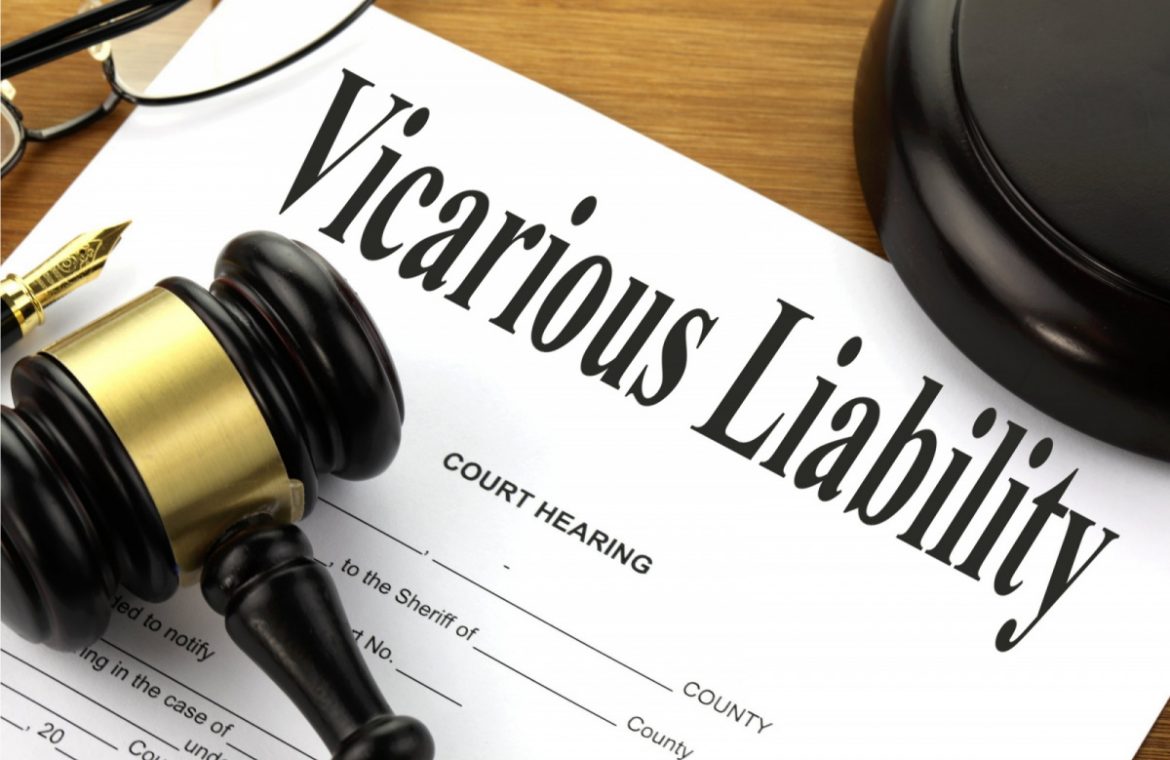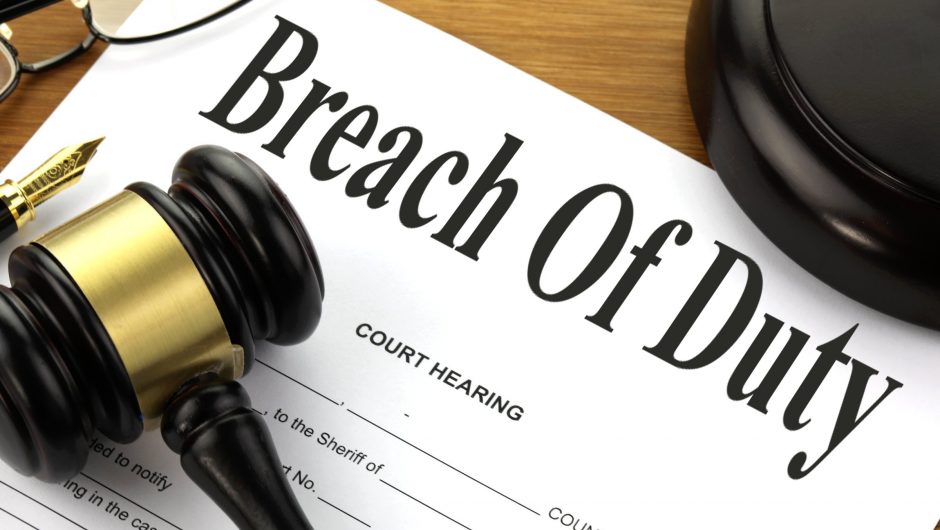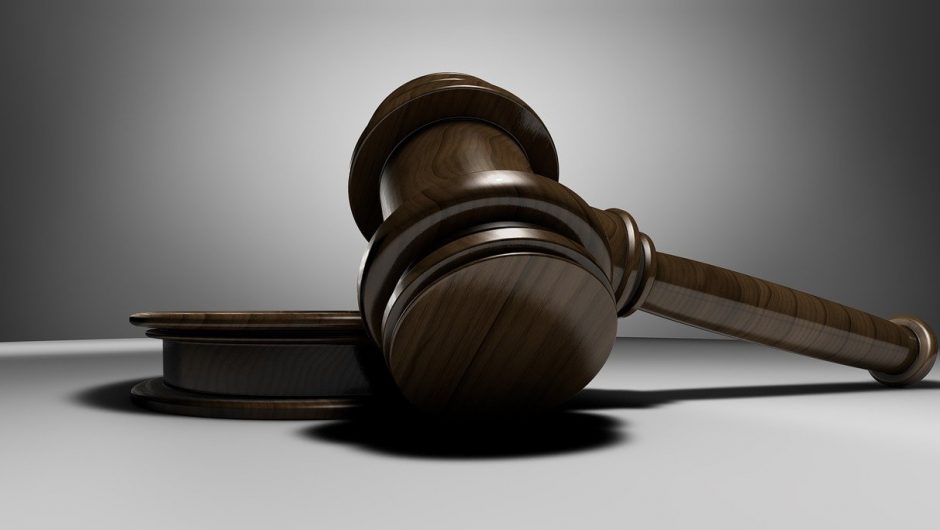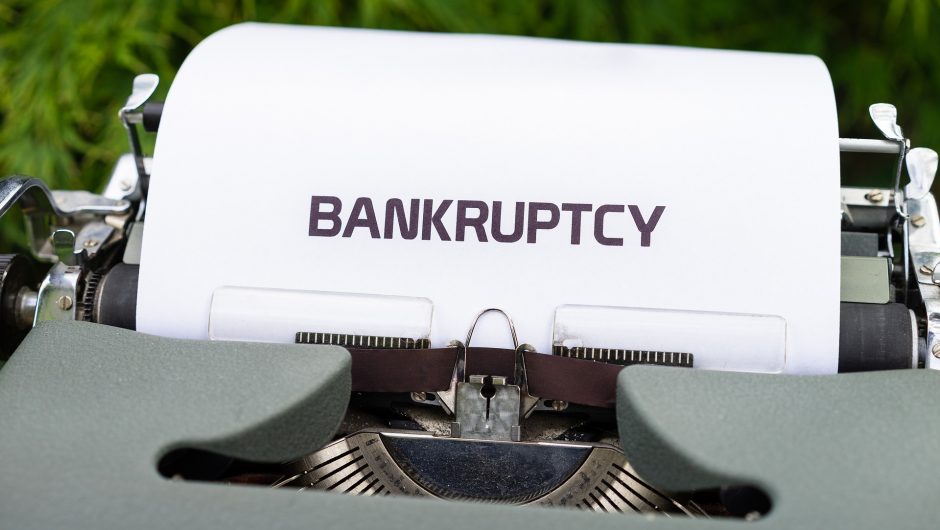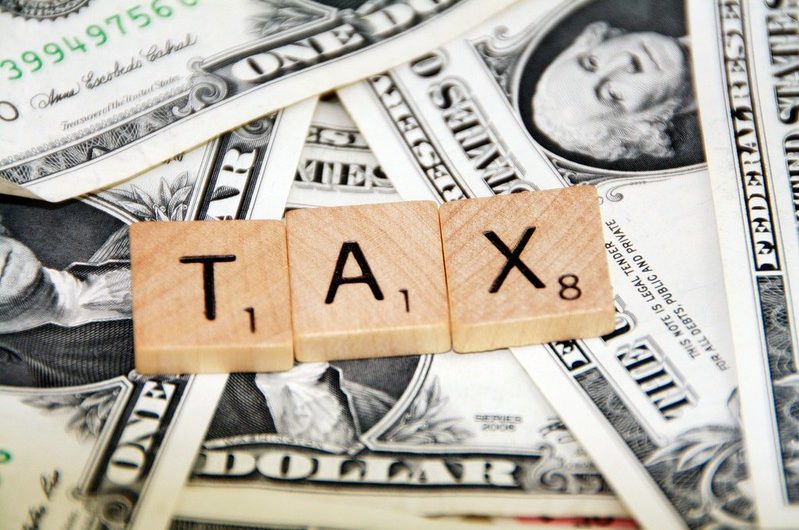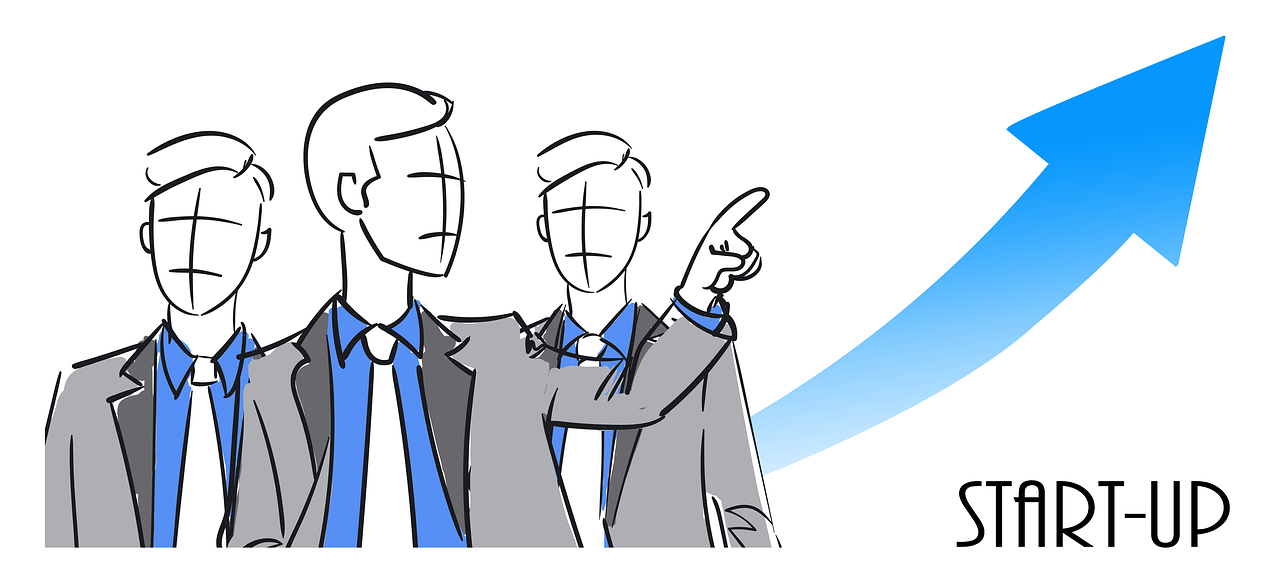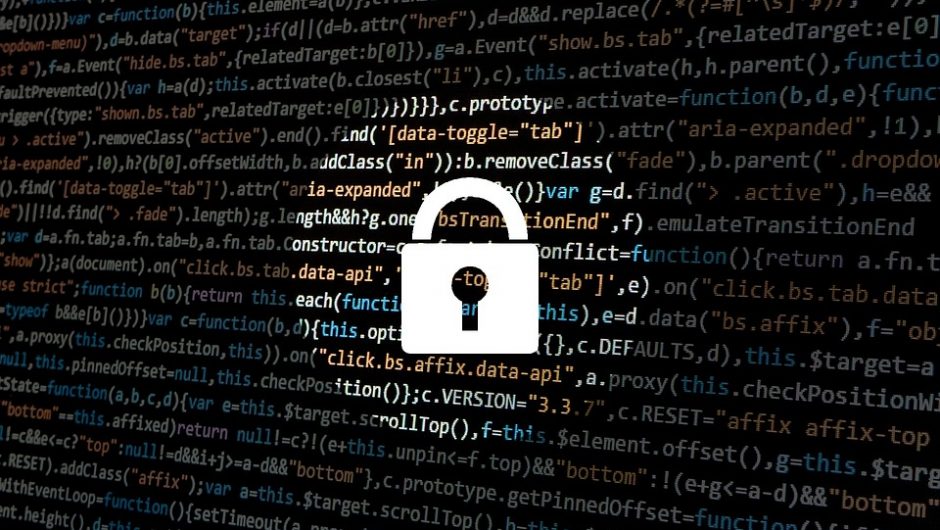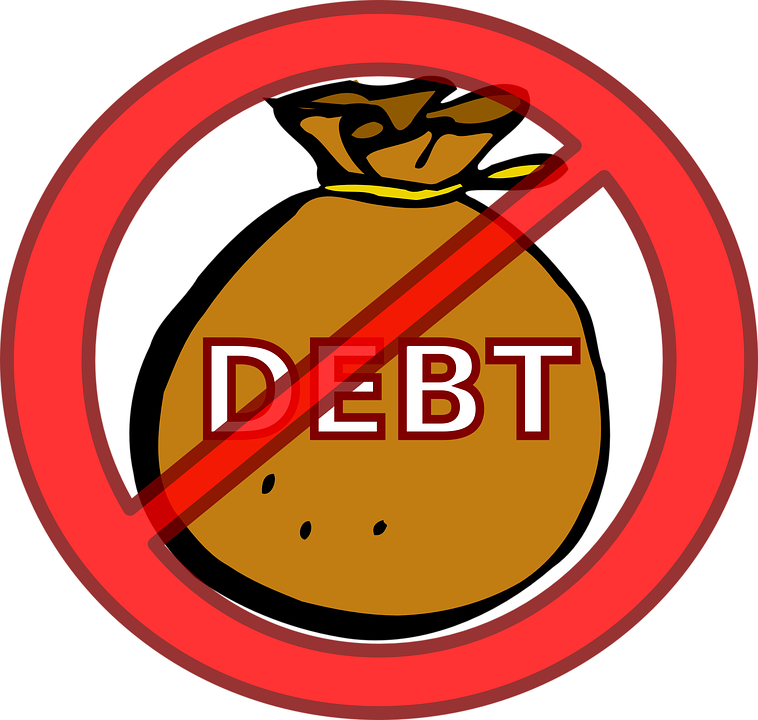Vicarious liability is a form of secondary liability that involves a person or company is liable for a wrongful act committed by another person or company. Many people think that because they haven’t personally performed any criminal actions that they are immune from criminal liability. However, that is not the case.
Not everyone is aware of what is called vicarious liability. So how exactly does it work and how can a person be held responsible under this doctrine?
What is Vicarious Liability?
Vicarious liability occurs when one person is held responsible for the unlawful actions of a third party. This third party is also held responsible for their portion of the liability. This kind of liability mostly arises when one person is supposed to be responsible for or have control over a third party. It is through the negligence of exercising that control that it arises.
Proving Vicarious Liability
In the event of personal injury cases, the plaintiff must prove that but for the vicarious party’s negligence, the third party would not have taken the unlawful actions that resulted in the plaintiff’s injuries.
Examples
There are three common situations where vicarious liability is most likely to occur. These include:
- Physician Malpractice: in the majority of cases, physicians are not the employees of a hospital; medical doctors are expected to govern themselves properly according to the regimen of the practice. However, hospitals can still be held liable for any malpractice on the part of a physician, as they are supposed to ensure that they are practicing in a safe manner.
- Employee Negligence: employers have a responsibility to ensure that their employees are acting in a safe manner, and if not, they can be held responsible for any injuries the employee causes.
- Parental Liability: parents are assumed to be in control of their children at all times. The most common form of vicarious liability is when it comes to teenaged drivers. If a teenager causes a serious car accident, the parents can be held responsible for their actions and the damage they caused.
Members of conspiracies can also be held vicariously liable if they have knowledge of the crime but do not formally withdraw from the conspiracy.
Exceptions to Vicarious Liability?
The doctrine doesn’t apply to every situation where a business relationship exists between the third party and the negligent party. For example, a car rental company cannot be held responsible for car accidents caused by the drivers they have rented their cars to.
What are Vicariously Liable Parties Responsible For?
Most often, the parties who are held vicariously liable provide monetary damages to the injured party, including lost wages, medical bills, pain and suffering, and any funeral costs if there was a death.
Vicarious liability can be prevented in most cases, especially in the case where there is a business relationship. Thorough background checks can be conducted before the hiring process in order to avoid negligence. Employees can also be terminated immediately once employers learn that they are a potential danger.
Vicarious liability serves the purpose of ensuring that everyone is held accountable for their actions as well as their lack of action in preventing the plaintiff from being injured.

